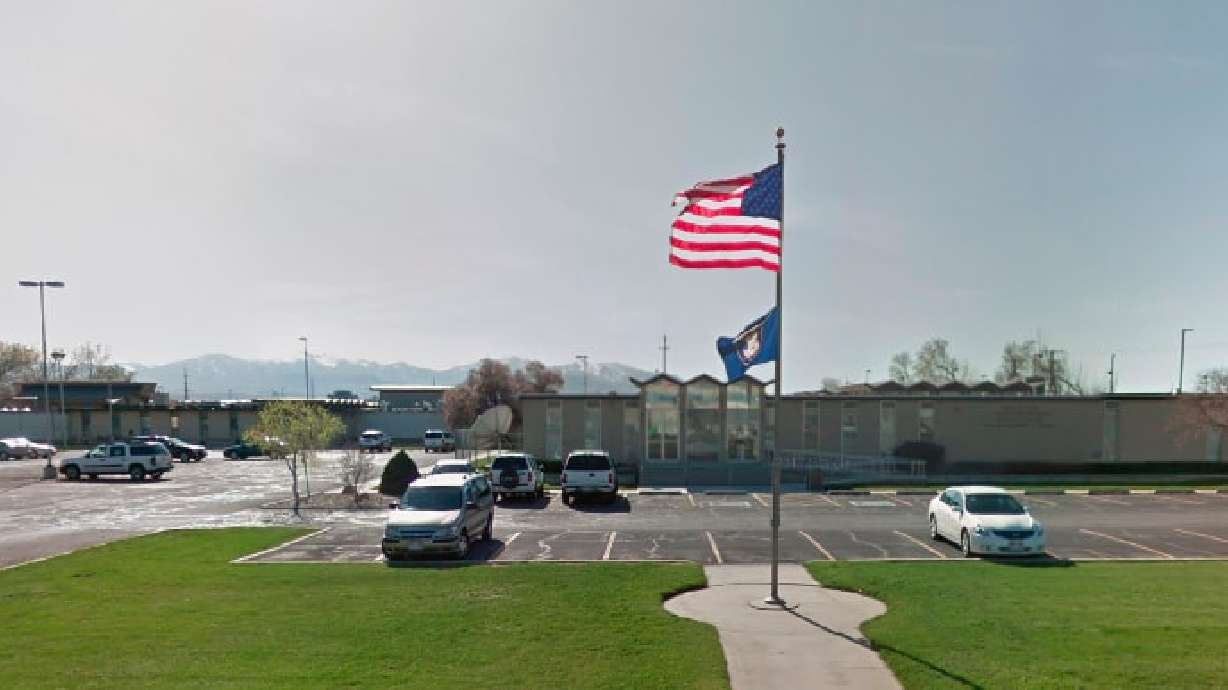Estimated read time: 4-5 minutes
This archived news story is available only for your personal, non-commercial use. Information in the story may be outdated or superseded by additional information. Reading or replaying the story in its archived form does not constitute a republication of the story.
SALT LAKE CITY — Utah's Division of Juvenile Justice Services is spending more money each year despite caring for fewer youth, according to a newly released audit.
Presented Thursday to the Legislative Management Committee, the audit was accompanied by a list of recommendations for the agency, including admonitions to operate more efficiently while making more consistent and transparent reports to the Legislature.
Auditors went as far as to say Juvenile Justice Services "misled" legislators in the way it has presented operational costs of detention facilities and in reporting its efforts to cut costs.
"You use the word 'misled' in the heading. 'JJS misled legislators.' I think that's strong language, I don't see it very often in these audit reports," Utah House Speaker Greg Hughes, R-Draper, said as he questioned auditors.
Susan Burke, division director, pushed back against the auditors' language, saying the agency has been transparent and open.
"Frankly, I am offended the word misled was used, because our intent is never to mislead," Burke said.
Representatives from the Department of Human Services in its response said the assessment was done during a transformational time in the agency, and changes are already being implemented based on auditors' recommendations.
"The timing of your audit and these recommendations is in lockstep with our commitment for thoughtful, responsible reform," said Ann Silverberg Williamson, executive director of the department. "We are encouraged and grateful to you that these audit findings do reflect a system that is adapting to a reduction of youth in the state's care."
The review by the Office of the Legislative Auditor General found that funds appropriated to Juvenile Justice Service have gone up 5 percent over the past five years — from $92.9 million to $97.5 million — even as the number of juveniles receiving services dropped by 35 percent.
The decline of juveniles in custody follows national trends, according to the report, and may be attributable to early intervention, changes in police policy, sentencing reform or alternative treatment.
"While it is a positive sign that the number of juveniles entering the juvenile justice system is decreasing, it is concerning that (Juvenile Justice Services) has not decreased expenditures," the audit stated.
The biggest bump in agency spending in the past five years has been in personnel costs, up nearly 22 percent, or $11.3 million, the audit found, as Juvenile Justice Services shifted away from contracting with private programs and instead took more work upon itself, even though it was more costly.
That increase was countered by a decrease of 40 percent, or $11 million, for spending outside the agency, according to the audit.
"I do know that quality of care is very important to JJS and to the Department of Human Services as a whole, but we did not find any evidence to say that the quality of care being given by private providers is better or worse than quality of care being given by JJS," audit manager Brian Dean said.
Operating costs have remained steady through those years, according to the audit, meaning the agency's cost per juvenile rose nearly 50 percent, according to the audit.
As Juvenile Justice Services reported the costs of operating its facilities to the Legislature, the audit notes, the agency relied on the cost of staffing all available beds, which steadily increased 21 percent over the past five years.
The audit called the measurement "misleading" considering the facilities are rarely filled to capacity, saying it understates the true cost of housing and treating a juvenile.
When operational costs are calculated instead based on the number of juveniles being served, the increase was actually found to be 74 percent, according to the audit.
Hughes questioned whether Juvenile Justice Services offered an explanation during the audit of why it chose to report costs based on staffed beds rather than cost per juvenile.
Burke said the agency had always used that measurement in its reporting and had "overlooked" the option of assessing operational costs based on how many juveniles were in custody. Juvenile Justice Services will report the facilities' operational costs based on the auditors' recommendations moving forward, she said.
Juvenile Justice Services was already making changes by the time auditors completed their report, Burke said. At the end of January, the agency will close two units in detention facilities and reduce the number of accompanying staff, which will save an estimated $940,000 annually, she said.
Those and other savings will be reinvested in offering support to juveniles through after-school programs, outreach services, home detention programs and other out-of-custody programs, Burke said.
Burke also noted that Juvenile Justice Services has not asked for an appropriation from the Legislature in the past three budget cycles, but last year had returned $1 million to the state's general fund. This year, the agency will return $4.1 million, she said.









